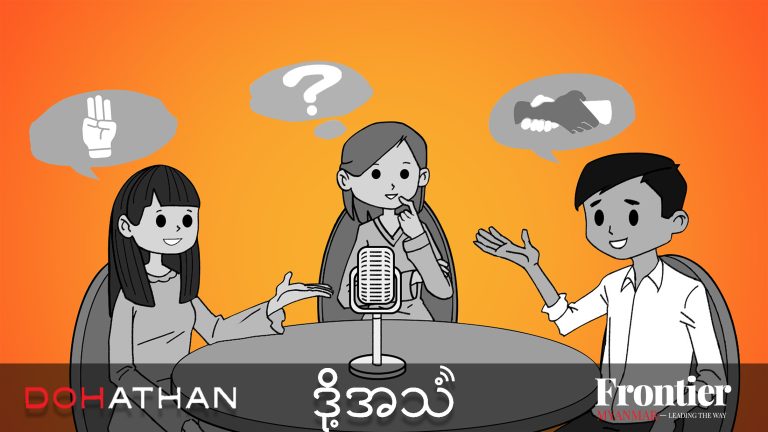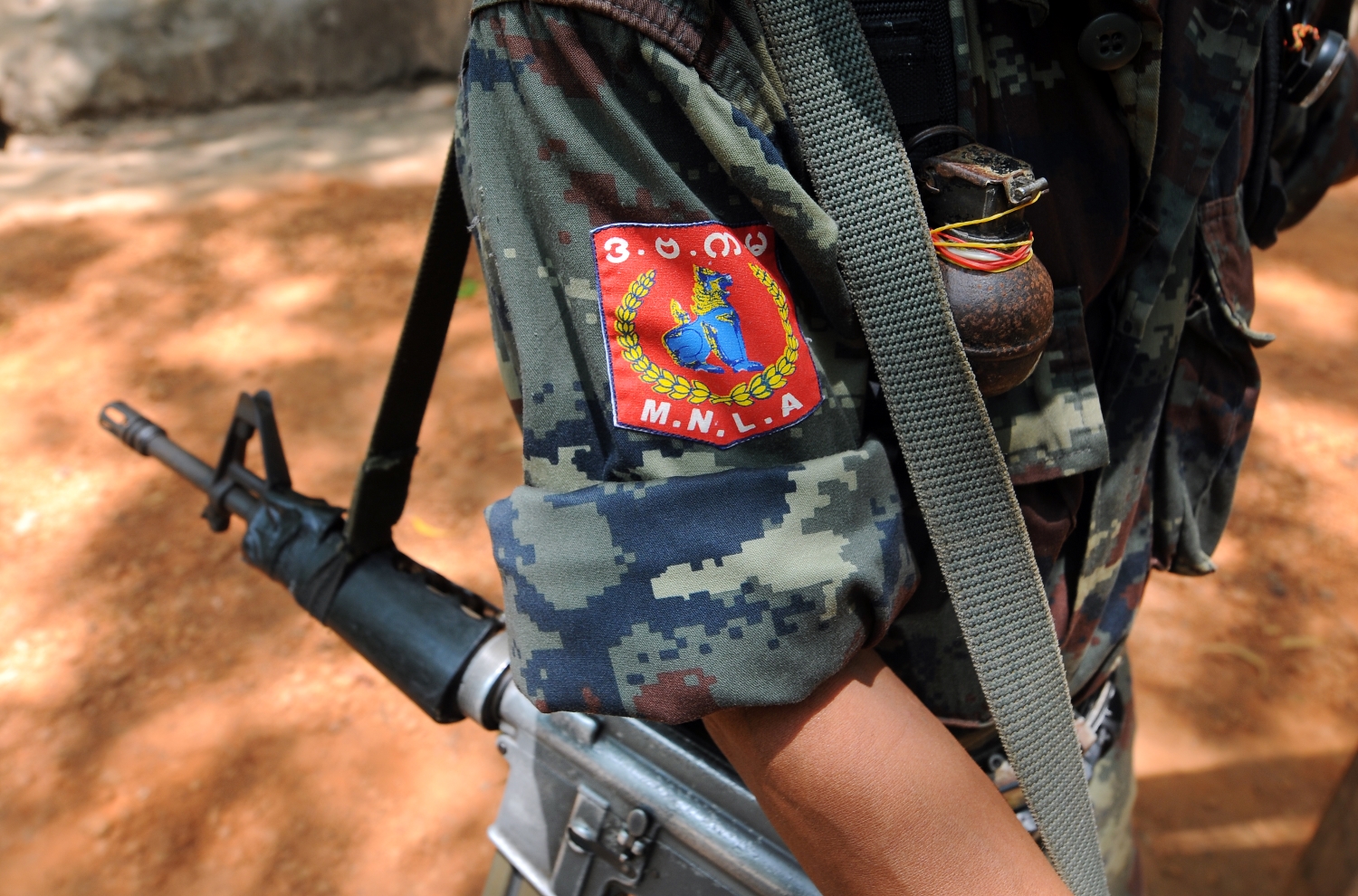A proposed law giving the Union parliament more control over state and regional assemblies has some wondering if the government’s support for federalism is genuine.
By SITHU AUNG MYINT | FRONTIER
THERE WAS heated debate in the Amyotha Hluttaw early this month over a law proposed by the National League for Democracy that ostensibly seeks to strengthen cooperation among the nation’s hluttaws. An apparent objective of the draft law is to ensure that state and regional hluttaws do not contravene the policies of higher institutions.
After the draft Myanmar Hluttaw Committee Law was approved by the Pyithu Hluttaw, it was prompted heated debate within the Amyotha Hluttaw Bill Committee. There was more debate once the bill made it to the floor of the Amyotha Hluttaw.
The debate was unusual. Lawmakers from the Union Solidarity and Development Party, the Arakan National Party, smaller ethnic parties and the Tatmadaw accused NLD lawmakers who supported the law of being opposed to federalism by trying to restrict the freedom of state and regional hluttaws. It was a baffling situation that raises the question whether the NLD is really committed to federalism.
The NLD did not clearly explain why it seeks enactment of the Myanmar Hluttaw Committee Bill. It said in general terms that if the law was enacted, it would strengthen cooperation among the two Union and 14 state and regional hluttaws, and improve their performance.
Support more independent journalism like this. Sign up to be a Frontier member.
Although it was not clear why the NLD was being coy about the law’s purpose, there have been times when state hluttaws have acted in ways that were contrary to the policy of the Union government or did not reflect the decisions of the Amyotha or Pyithu hluttaws.
An example of such a scenario involves the Northern Alliance comprising the Ta’ang National Liberation Army, Kokang-based Myanmar National Democratic Alliance Army, Arakan Army and several brigades of the Kachin Independence Army.
After the Northern Alliance attacked the Muse border trade zone and temporarily blocked the Mandalay-Lashio-Muse highway late last year, the Shan State Hluttaw declared it a “terrorist organisation”. The Union hluttaws did not accept the decision and peace talks have continued with the four groups.
Another example came after State Counsellor Daw Aung San Suu Kyi appointed the commission headed by former United Nations secretary-general Mr Kofi Annan in August last year to propose recommendations to address conflict and poverty in Rakhine State. The Rakhine State Hluttaw condemned the appointment and said it would refuse to cooperate with the commission, which handed down its final report in late August.
More recently, the Kachin State Hluttaw approved a resolution that would have enabled unlicensed vehicles to become legal after outstanding taxes were paid. The state hluttaw could not implement the resolution because of opposition from the Union government.
It is likely that the NLD wants to enact the Myanmar Hluttaw Committee Law to avoid situations such as those described above. If the law takes effect, the committee will be headed by the speakers and deputy speakers of the Pyithu and Amyotha hluttaws, with the speakers of state and regional assemblies as members.
The draft law outlines three key roles for the committee. They include coordinating, discussing and making decisions on matters involving legislation, and coordinating, discussing and making decisions on matters that concern both the Union and the states and regions.
The draft also requires members of the committee to adhere to its decisions and report back to it when they have been implemented.
The move to require speakers from the state and regional assemblies to follow the decisions of a committee headed by speakers from the Union hluttaws was sharply condemned during the debate in the Amyotha Hluttaw.
USDP MPs, Tatmadaw MPs and an independent, U Soe Thane, an influential minister in the previous government, accused the NLD of disregarding the move towards federalism in the 2008 Constitution, particularly in regards to the powers of state and region hluttaws.
They also accused the NLD of trying to use the Union hluttaws to control the state and regional assemblies.
It is not the first time the NLD has come under criticism over its attitude towards federalism. Despite ethnic parties winning a majority of seats in the Rakhine and Shan assemblies in the 2015 election, the NLD appointed members of its own party as chief ministers in each state.
Although the party is able to do this under the constitution, it had previously proposed amending the clause to give state and region hluttaws the power to choose the chief minister.
The NLD’s attitude towards federalism was also questioned after the Pyithu Hluttaw overruled the wishes of many ethnic Mon people in March and named a new bridge over the Thanlwin River in Mon State after independence hero, Bogyoke Aung San, a Bamar.
If the objective of the Myanmar Hluttaw Committee Bill is to exercise control over the state and regional hluttaws, it raises serious doubts about the NLD’s professed commitment to achieve a federal system.







